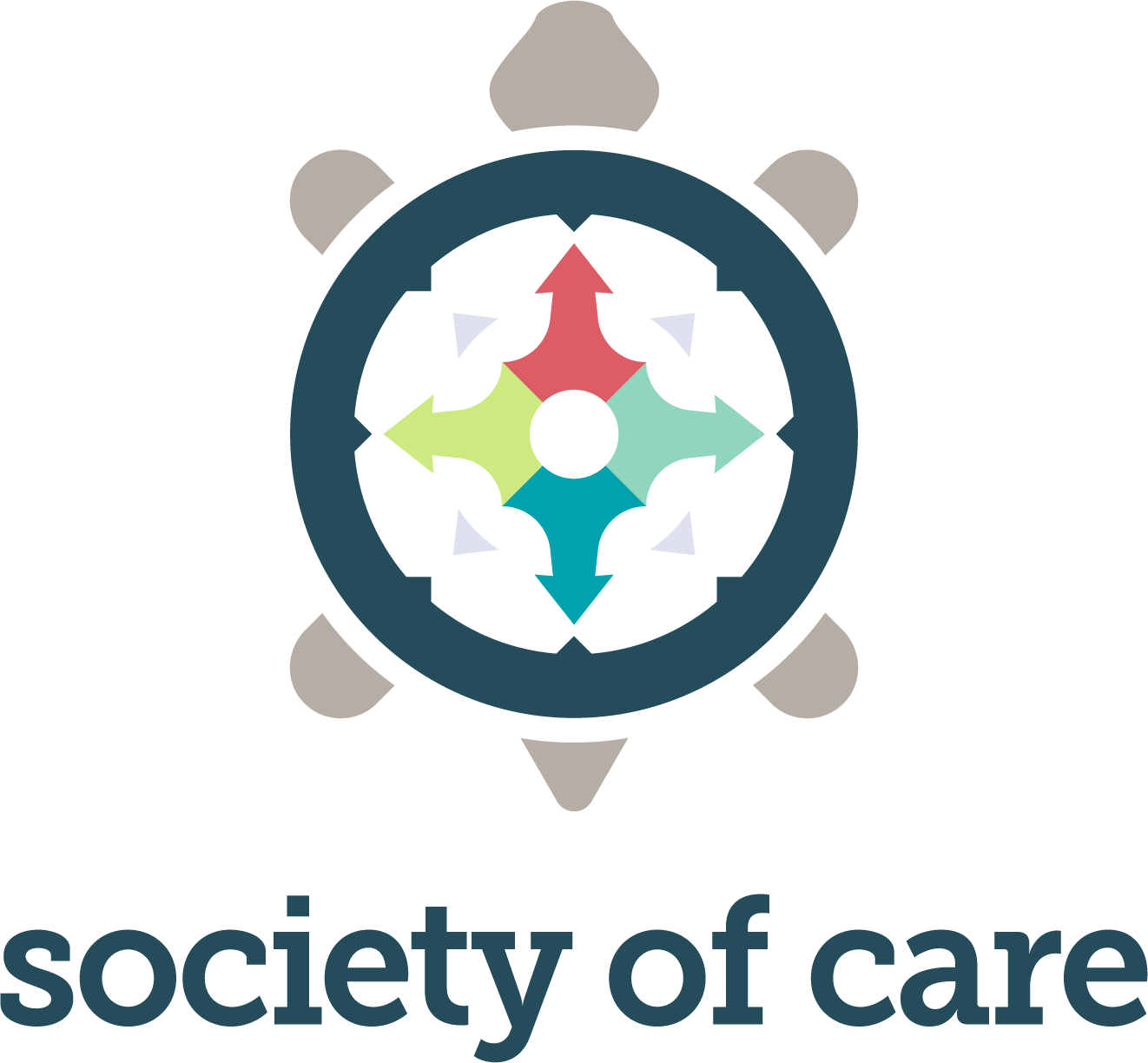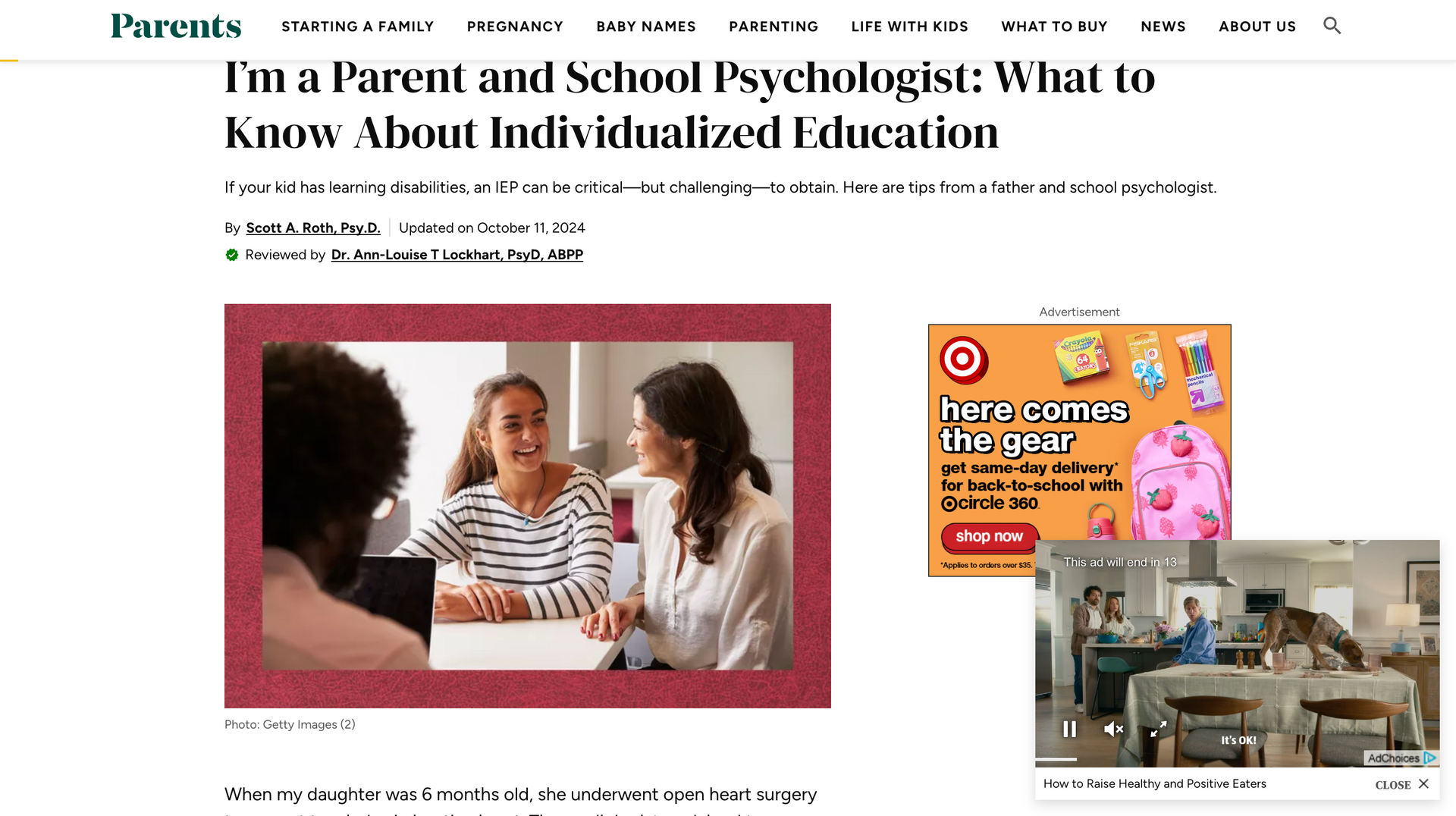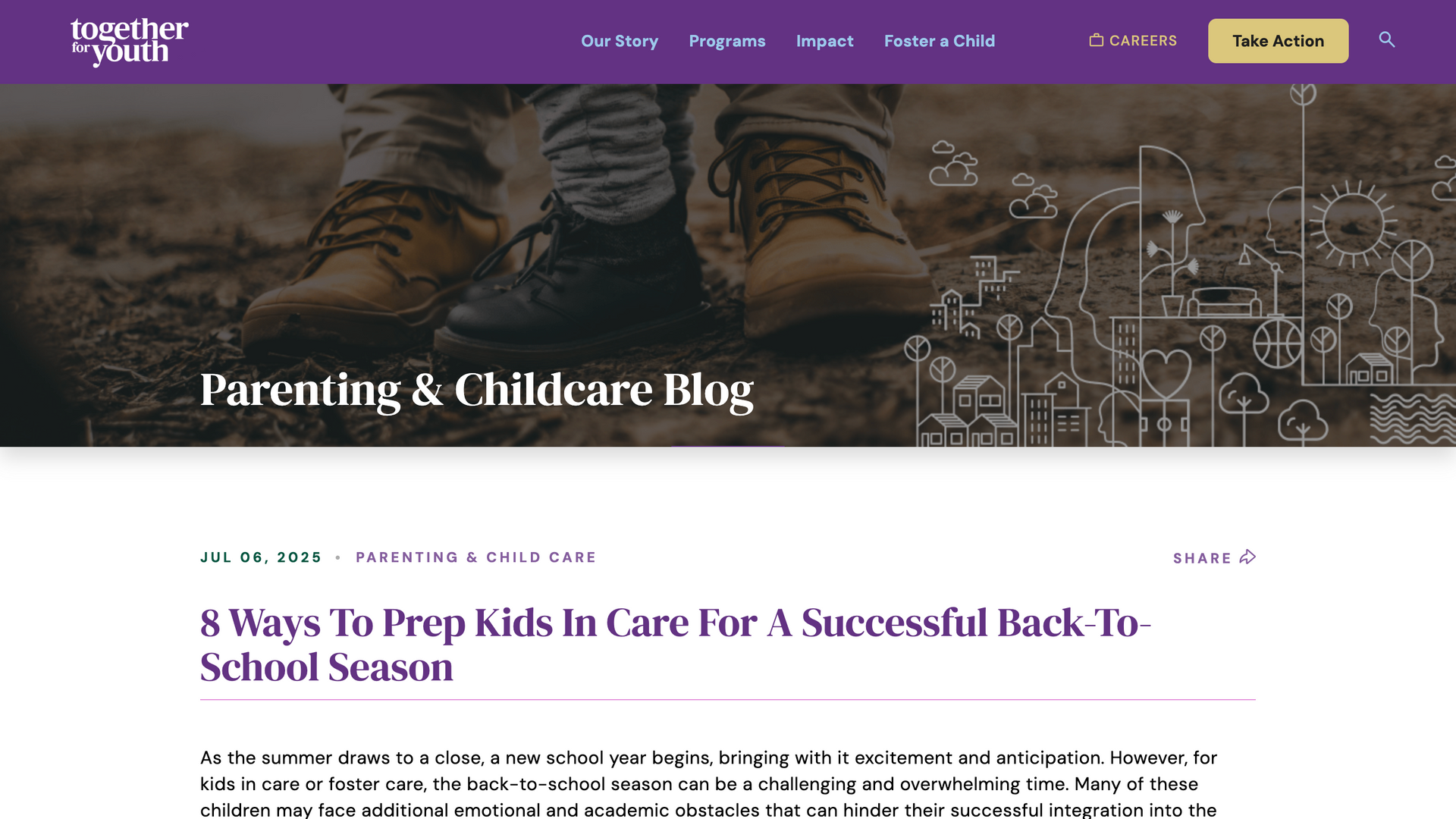How to Advocate for a Child at the Start of a New School Year
The beginning of a new school year brings fresh opportunities and challenges for children and for the caregivers who support them. For those caring for children with special needs, medical conditions, or unique learning styles, this is the perfect time to set the tone for positive collaboration with teachers and school staff.
At Society of Care, we believe that effective advocacy at the start of the year can make a meaningful difference in a child’s success, both academically and emotionally.
Why Early Advocacy Matters
Schools are busy places in August and September. Teachers and administrators are meeting new students, reviewing lesson plans, and learning about each child’s needs. By proactively communicating, caregivers help ensure important information doesn’t get lost in the shuffle.
Early advocacy builds relationships, sets expectations, and fosters a team approach to supporting your child.
Steps to Advocate Effectively
1. Prepare Your Child’s Information
Create a simple, one-page summary for teachers and relevant staff. Include:
Your child’s strengths and interests
Areas where they may need extra support
Key accommodations or modifications
Any medical or safety concerns
Preferred communication methods
2. Request a Meeting Early
Don’t wait for problems to arise. Schedule a meeting with the teacher, guidance counselor, or case manager within the first few weeks of school to discuss your child’s needs and goals.
3. Use Clear, Respectful Communication
Approach the conversation as a partnership. Share your perspective, but also listen to theirs. A collaborative tone helps build trust and ensures everyone feels valued.
4. Follow Up in Writing
After meetings, send a brief email summarizing what was discussed and any agreed-upon steps. This creates a reference point for everyone involved.
5. Teach Your Child Self-Advocacy
If age-appropriate, involve your child in the process. Encourage them to share what helps them learn best or what makes them feel supported.
A Caregiver’s Advocacy Checklist
- Review your child’s IEP or 504 plan before school starts
- Prepare updated documentation if needed
- Gather teacher and support staff contact information
- Identify any changes in your child’s needs since last year
- Set reminders to check in periodically
You Are Your Child’s Best Advocate
Advocacy isn’t about being demanding, it’s about ensuring your child has the tools and support they need to thrive. Starting the year with clear communication and mutual respect can set the stage for a successful school year.
Society of Care is here to provide resources, encouragement, and practical tools for caregivers who are navigating school systems on behalf of their children.
Looking for more simple, supportive tools for the loved ones in your care? Enjoy these additional resources and explore our blog for ideas that help you nurture connection, one moment at a time. Or, Join our mailing list where we share more resources that accompany our blog posts.
Join Our Mailing List












